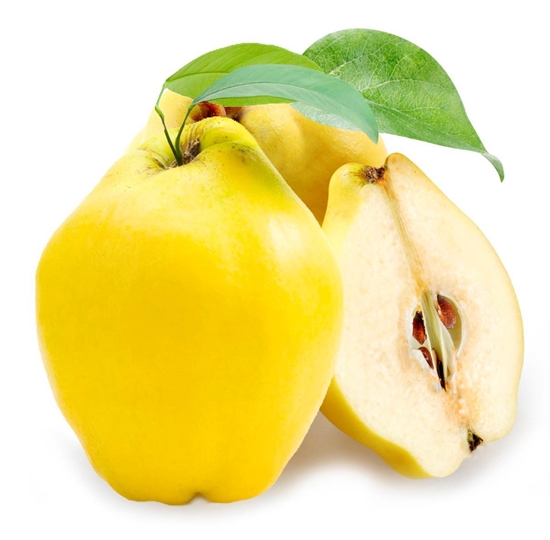
quince [kwins] ExamplesWord Origin noun
- either of two small trees, Cydonia oblonga or C. sinensis, of the rose family, bearing hard, fragrant, yellowish fruit used chiefly for making jelly or preserves.
- the fruit of such a tree.
Origin of quince 1275–1325; Middle English quince, apparently orig. plural (taken as singular) of quyne, coyn Middle French cooin Latin cotōneum, akin to cydōnium Greek (mêlon) Kydṓnion quince, literally, (apple) of Cydonia Examples from the Web for quince Contemporary Examples of quince
Based on Pinot Noir, it gives rich berry aromas alongside brioche, quince, and pears.
The Official Beverage of France
Katie Workman
August 4, 2009
Historical Examples of quince
Orange or quince marmalade is a great improvement; cinnamon pounded, or orange flower-water, will make an agreeable change.
Mary Eaton
Looks as if he might last a round or two, doesn’t he, Quince?
Edward Elmer Smith
But they can’t just simply grab it and store it, Quince—it’s impossible!
Edward Elmer Smith
But I tell you, Quince, you’re full of little red ants, clear to the neck!
Edward Elmer Smith
Quince is the plural of quin, from the Norman form of Old Fr.
The Romance of Words (4th ed.)
Ernest Weekley
British Dictionary definitions for quince quince noun
- a small widely cultivated Asian rosaceous tree, Cydonia oblonga, with pinkish-white flowers and edible pear-shaped fruits
- the acid-tasting fruit of this tree, much used in preserves
- Also: Japanese or flowering quince another name for japonica
Word Origin for quince C14 qwince plural of quyn quince, from Old French coin, from Latin cotōneum, from Greek kudōnion quince, Cydonian (apple) Word Origin and History for quince n.
early 14c., plural of quoyn, from Old French cooin (Modern French coing), from Vulgar Latin codoneum, from Latin cotoneum malum “quince fruit,” probably a variant of cydonium malum, from Greek kydonion malon “apple of Kydonia” (modern Khania), ancient seaport city in Crete.
The plant is native to Persia, Anatolia, and Greece; the Greeks imported grafts for their native plants from a superior strain in Crete, hence the name. Kodu- also was the Lydian name for the fruit. Italian cotogno, German Quitte, etc. all are ultimately from the Greek word.
 Liberal Dictionary English Dictionary
Liberal Dictionary English Dictionary